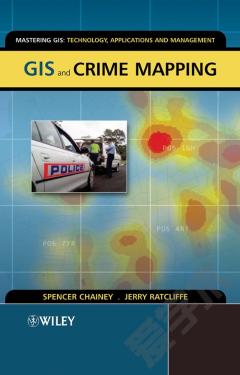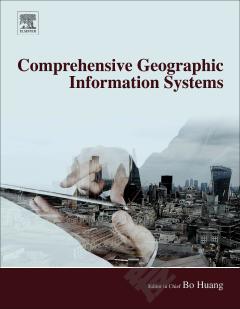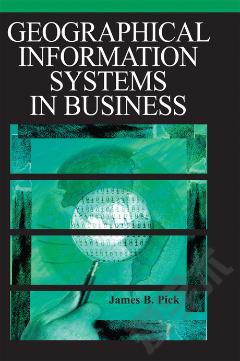Geographic Information Systems and Crime Analysis
Computerized crime mapping or GIS in law enforcement agencies has experienced rapid growth, particularly since the mid 1990s. There has also been increasing interests in GIS analysis of crime from various academic fields including criminology, geography, urban planning, information science and others. This book features a diverse array of GIS applications in crime analysis, from general issues such as GIS as a communication process and inter-jurisdictional data sharing to specific applications in tracking serial killers and predicting juvenile violence. Geographic Information Systems and Crime Analysis showcases a broad range of methods and techniques from typical GIS tasks such as geocoding and hotspot analysis to advanced technologies such as geographic profiling, agent-based modeling and web GIS. Contributors range from university professors, criminologists in research institutes to police chiefs, GIS analysts in police departments and consultants in criminal justice.
{{comment.content}}








 京公网安备 11010802027623号
京公网安备 11010802027623号